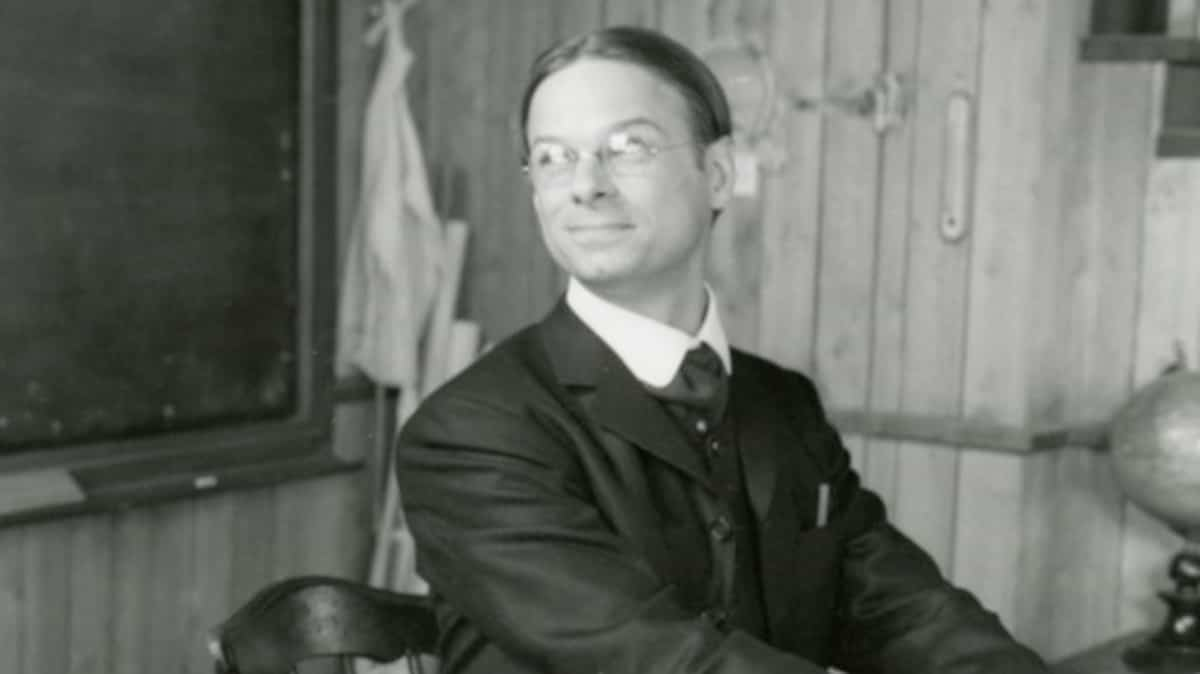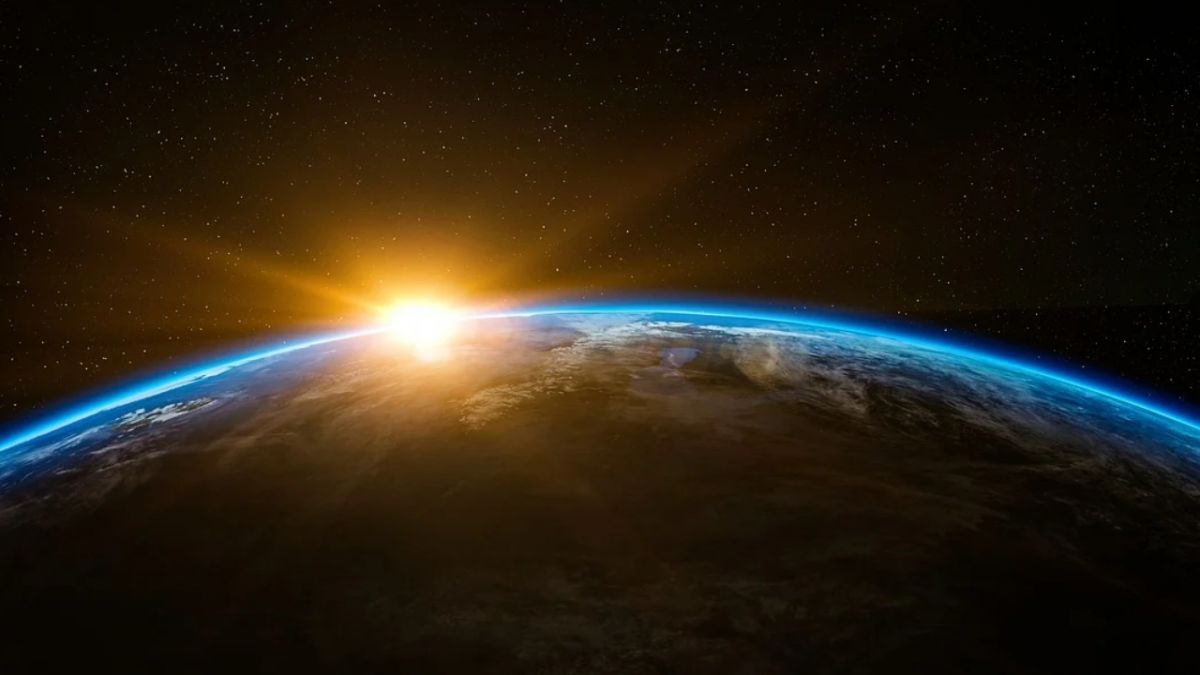GVTech News Through our actions, humanity is causing the Earth to slow down, which science suggests could change our perception of time
Our actions have always affected our world, and they may also have troubling consequences: slowing down the Earth's rotation. Since the calculation of time depends precisely on this, this does not fail to worry scientists.
We've known this for a long time; Global warming is affecting our planet. In addition to rising water levels, the disappearance of certain species, and the spread of viruses, this is directly related to the slowdown in Earth's rotation.
A study published in the scientific journal nature Reveals the consequences of global warming on Earth's rotation. In fact, its speed has been slowing down for some time. If none of us are able to perceive this change on the order of milliseconds, it promises to ultimately modify our perception of time.
The Earth's rotation determines our concept of time. Every day it makes a complete revolution, creating 24 time zones. However, the Earth is gradually slowing down, meaning that the length of the solar day is gradually increasing – albeit very slowly. Even if we do not feel this directly, the international clock that has been responsible for determining international universal time since 1967 bears witness to that. This is updated regularly to ensure uniform operation of digital services, which is essential for satellite navigation.
To do this, Leap seconds are added to synchronize atomic clocks with sidereal time. These are the extra seconds that are used to maintain consistency between the Earth's rotation and the duration of the second. Since 1972, 27 seconds have been added to UTC (Coordinated Universal Time). The latest addition dates back to 2016 according to Duncan Agnew.
A negative second can be added due to the slowing down of the Earth
For the first time, it will be a matter of removing a second rather than adding one, something that could happen in 2029.. This leap into the unknown worries scientists, especially metrologists, especially in a world that is more interconnected than ever. It must be said that computer programs that integrate leap seconds start from the assumption that they are all positive.
“I do not recommend being on a plane at this time“, says Dimitrios Matsakis, former chief scientist at the United States Naval Observatory.
For these reasons, metrologists plan to eliminate the leap second by 2035. It would then be a matter of letting the difference between the Earth's rotation and atomic time increase until it reached one minute.
However, according to the study published in the journal Nature, the effect of global warming is still being felt. This reveals that the melting of the ice caps has a major impact on the Earth's rotation. In fact, the redistribution of mass due to melting ice causes changes in the Earth's angular velocity.
Therefore, the slowdown in Earth's rotation raises many questions and challenges. International cooperation and scientific research will be essential to find sustainable solutions and ensure the consistency of our time measurement system.

“Music guru. Incurable web practitioner. Thinker. Lifelong zombie junkie. Tv buff. Typical organizer. Evil beer scholar.”


:format(url)/cloudfront-us-east-1.images.arcpublishing.com/lescoopsdelinformation/WV4B7WPZHRDPFLVBJLLOD6ZQV4.jpg)




More Stories
Is there a real role for protein in weight loss?
Vietnamese space in the capital of Uruguay
Is quantum collapse soon a concept? | For your information